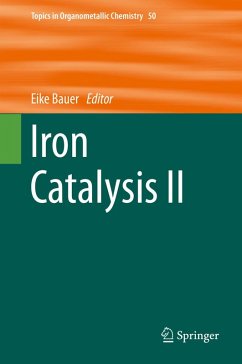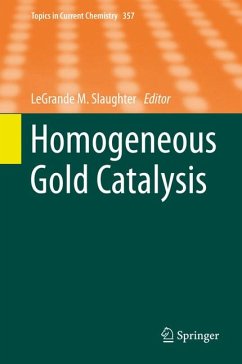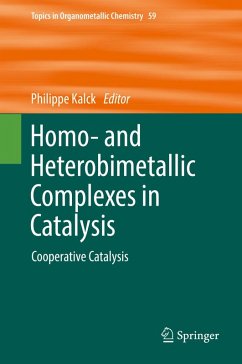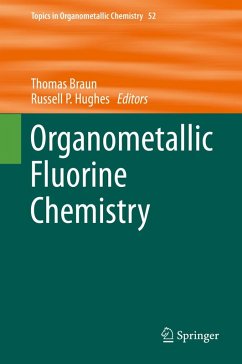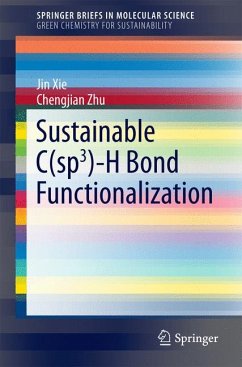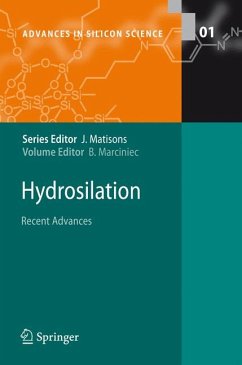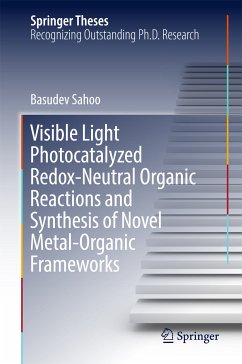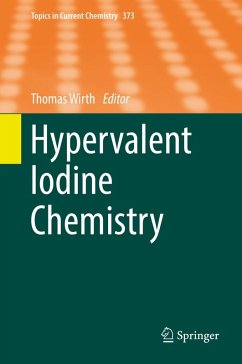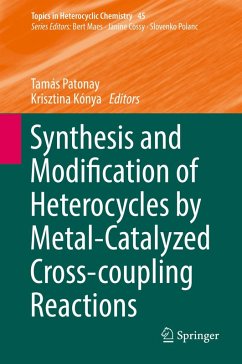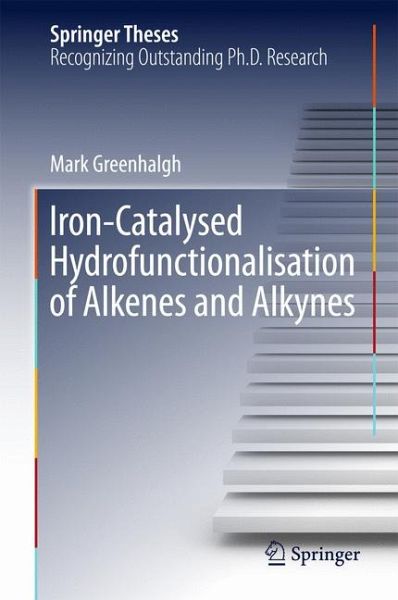
Iron-Catalysed Hydrofunctionalisation of Alkenes and Alkynes (eBook, PDF)
Versandkostenfrei!
Sofort per Download lieferbar
72,95 €
inkl. MwSt.
Weitere Ausgaben:

PAYBACK Punkte
36 °P sammeln!
This thesis gives a thorough account of the development of iron-catalysed hydrosilylation, hydroboration and hydromagnesiation reactions. With extraordinary referencing and scientific argument, Mark Greenhalgh describes the development of methodologies which require only commercially available materials and non-specialised techniques. The intention of this approach is to ensure the science can be adopted widely by the chemical community. In addition to an insight into the processes involved in methodology development, Greenhalgh discusses and determines the relevant reaction mechanisms. This t...
This thesis gives a thorough account of the development of iron-catalysed hydrosilylation, hydroboration and hydromagnesiation reactions. With extraordinary referencing and scientific argument, Mark Greenhalgh describes the development of methodologies which require only commercially available materials and non-specialised techniques. The intention of this approach is to ensure the science can be adopted widely by the chemical community. In addition to an insight into the processes involved in methodology development, Greenhalgh discusses and determines the relevant reaction mechanisms. This thesis provides not only the most thorough review of the area, but offers a level of insight well beyond that expected from a Ph.D. student. The work in this thesis has been published at the highest level, and the results and ideas have led to 3 industry-funded Ph.D. studentships and grant income in excess of £1 million.
Dieser Download kann aus rechtlichen Gründen nur mit Rechnungsadresse in A, B, BG, CY, CZ, D, DK, EW, E, FIN, F, GR, HR, H, IRL, I, LT, L, LR, M, NL, PL, P, R, S, SLO, SK ausgeliefert werden.



